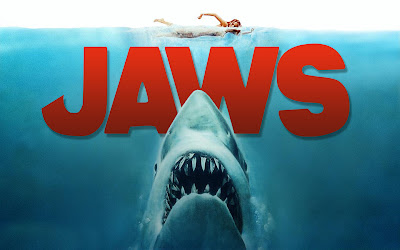
Image source: computertrainingschools.com
The film industry owes a lot to computer-generated imagery (CGI) in all its glory. The last years saw how CGI was pushed further beyond its limits to create a film completely made with performance capture, transforming actors into photo-realistic 3D characters. This is the breakthrough that the film Avatar (2009) brought to the big screen, and the whole industry was quick to pick up on it.
However, the extent to which CGI visual effects can be used to enhance a film has become a debatable topic. For Armond White, an NY Times film critic, the industry has already reached the surfeit point of limitless digital effects, the period of technological overripeness wherein digital effects saturating viewers in the artifice with little room for imagination instead of bringing them closer to realism. White rues that feature films have much liberty to focus on digital grandstanding, outpacing the narrative meaning, and transforming audiences into children rather than aesthetically responsive spectators as a result. He cites Speed Racer (2008) as a clear representation of the real bummer of technological excess.

Image source: nymag.com
In his critique of the Oz the Great and Powerful (2013), Manohla Dargis writes that the CGI atmosphere lacks the charm and human connection of the 1939 original, initiating an inquiry as to whether or not CGI effects are sullying the magic of the cinema.
While it’s true that CGI translates to storytelling without boundaries, the quandary lies in making it the automatic or default tool for most films. Filmmakers should put a great deal on balancing audiences’ visual experience with the content of the film to prevent it from resembling an interactive coloring book that caters to children.

Image source: digitaltrends.com
Are most films better off with practical effects and less CGI? Join the discussion on this blog on Edward Bass.

